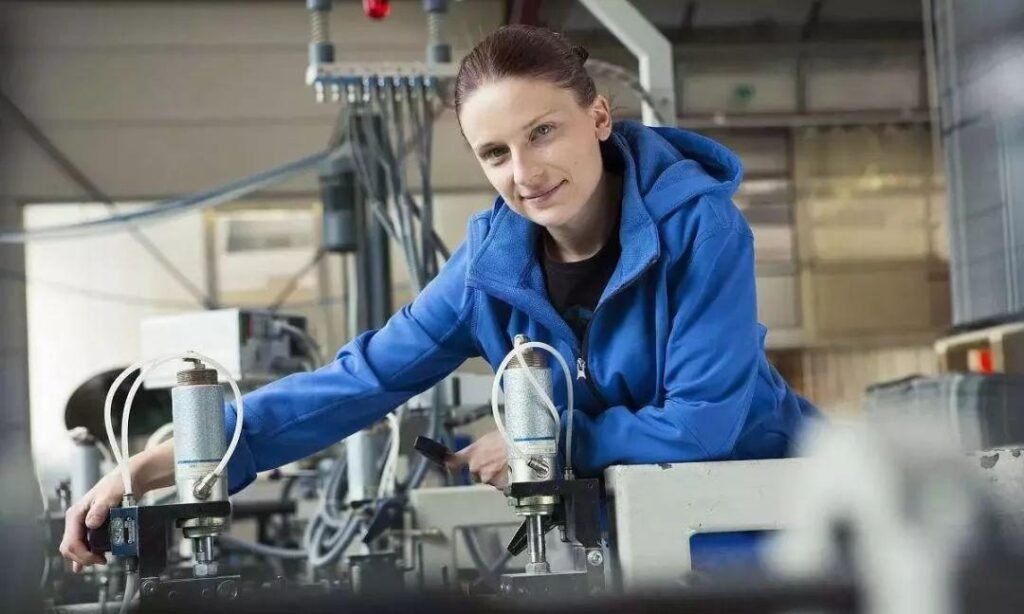Introduction
As automation increasingly takes center stage in the machining industry, the role of machinists is evolving. While machines can now perform many tasks that once required manual intervention, skilled machinists remain crucial for ensuring the efficiency, quality, and innovation of manufacturing processes. This article explores the changing role of machinists in the age of automation and the skills they need to thrive.

The Evolving Role of Machinists
From Operators to Supervisors: With the advent of CNC machines and automated systems, machinists are transitioning from hands-on operators to supervisors and programmers. They oversee automated processes, ensuring machines run smoothly and efficiently.
Programming and Setup: Modern machinists need to be proficient in programming CNC machines, setting up tooling, and configuring machine parameters. Understanding G-code and CAM software is essential.
Maintenance and Troubleshooting: Automated systems require regular maintenance to prevent downtime. Machinists are responsible for diagnosing and fixing issues, ensuring machines operate at peak performance.
Quality Control: Despite automation, human oversight is critical for quality control. Machinists use precision measurement tools to inspect parts and ensure they meet specifications.
Skills Needed in the Age of Automation
Technical Proficiency: Knowledge of CNC programming, CAD/CAM software, and understanding of machining principles remain fundamental. Machinists need to be adept at interpreting technical drawings and specifications.
Analytical Thinking: The ability to analyze and optimize machining processes is crucial. Machinists must identify inefficiencies, suggest improvements, and implement changes to enhance productivity and quality.
Problem-Solving: Automation introduces new challenges, such as troubleshooting machine errors and dealing with complex setups. Strong problem-solving skills are essential for addressing these issues effectively.
Continuous Learning: The rapid pace of technological advancement requires machinists to continually update their skills. Staying informed about the latest machining technologies, tools, and best practices is vital.
Collaboration: Machinists often work closely with engineers, designers, and other team members. Effective communication and collaboration skills are necessary to ensure successful project outcomes.

The Importance of Training and Education
As the machining industry evolves, so does the need for comprehensive training and education programs. Apprenticeships, vocational training, and continuous professional development are critical for equipping machinists with the skills needed for modern manufacturing. Educational institutions and industry organizations play a vital role in providing these opportunities.
The Future of Machinists in an Automated World
While automation may change the nature of machinists’ work, it does not diminish the importance of their role. Skilled machinists will continue to be essential for:
Driving Innovation: Machinists contribute to the development and implementation of new machining technologies and processes, fostering innovation in manufacturing.
Ensuring Quality: Human oversight and expertise are irreplaceable when it comes to maintaining high standards of quality and precision.
Adapting to Change: Machinists’ ability to adapt to new technologies and methodologies ensures that the industry can respond effectively to evolving demands and challenges.
Conclusion
In the age of automation, the role of machinists is more dynamic and multifaceted than ever. Their expertise, adaptability, and commitment to quality are essential for the continued success of the machining industry. By embracing new technologies and continually honing their skills, machinists

